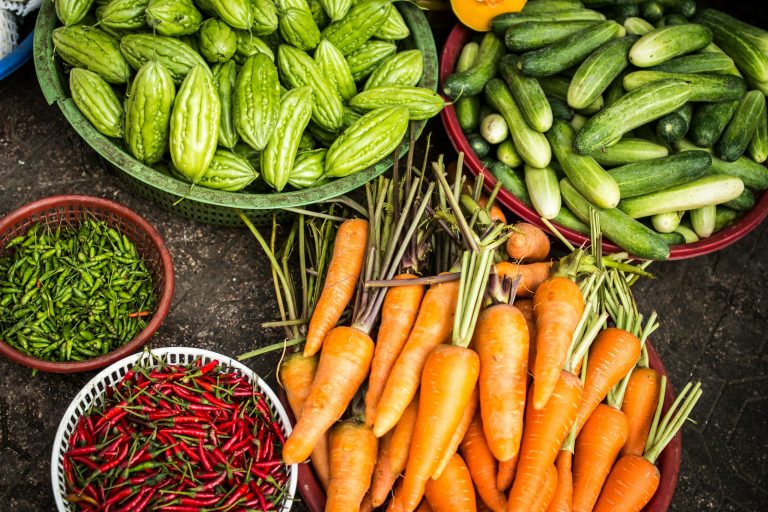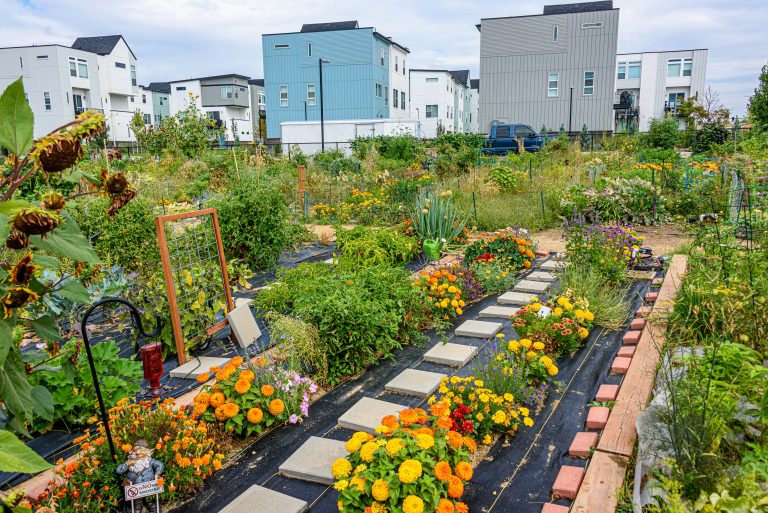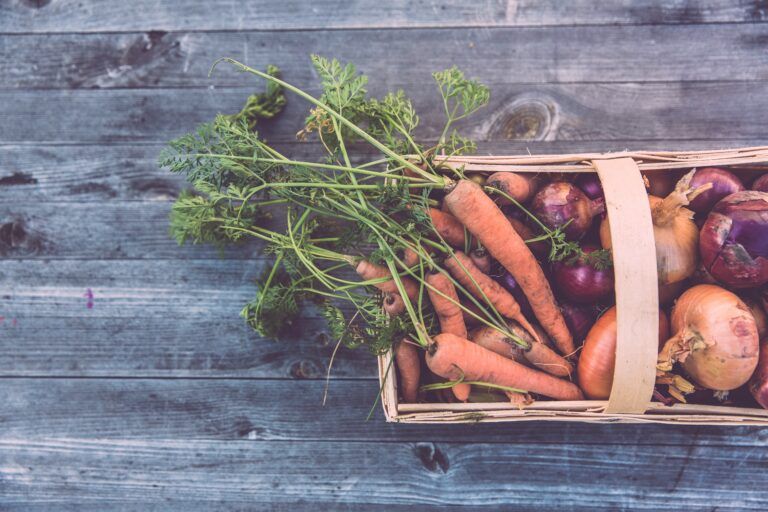The Importance of Food Sovereignty for Sustainable Food Systems

Food sovereignty is a concept that is gaining increasing attention in discussions about sustainable agriculture, food security, and environmental justice. Unlike food security, which focuses on the availability of food, food sovereignty emphasizes the right of people to define their own food systems, ensuring that the production, distribution, and consumption of food are controlled by those who produce and consume it. This article explores the importance of food sovereignty, how it supports sustainable food systems, and why it is essential for communities worldwide.
1. Empowering Local Communities
One of the most significant aspects of food sovereignty is its focus on empowering local communities. It advocates for the rights of farmers, indigenous peoples, and local producers to have control over the land, seeds, and agricultural practices that sustain their livelihoods. By promoting local decision-making, food sovereignty allows communities to prioritize sustainable practices that are aligned with their cultural values and environmental conditions.
Empowering local communities through food sovereignty helps to preserve traditional knowledge and agricultural diversity. It also ensures that food production is adapted to the local environment, reducing the reliance on industrial farming methods that often degrade ecosystems and deplete natural resources. When communities have the power to control their food systems, they are better equipped to protect their land and resources from exploitation and external pressures.
2. Promoting Environmental Sustainability
Food sovereignty is closely linked to environmental sustainability. It supports agroecological farming practices that work in harmony with nature, rather than relying on chemical inputs and industrial farming techniques that can harm the environment. Agroecology focuses on biodiversity, soil health, and the conservation of natural resources, all of which are critical for maintaining healthy ecosystems.
By prioritizing local and sustainable food systems, food sovereignty reduces the carbon footprint associated with long-distance food transportation and the intensive energy use of industrial agriculture. It also promotes the preservation of biodiversity, as local communities often grow a wide variety of crops that are suited to their specific environment, rather than monocultures that deplete soil nutrients and require heavy chemical inputs.
3. Ensuring Food Security and Resilience
While food security focuses on ensuring that everyone has access to sufficient food, food sovereignty goes a step further by emphasizing the importance of how that food is produced and who controls the food system. By empowering local communities to control their food resources, food sovereignty contributes to more resilient food systems that are less vulnerable to external shocks such as climate change, economic instability, or political conflict.
For example, during times of crisis, communities that practice food sovereignty are often better equipped to adapt and maintain their food supply. They can rely on locally produced foods and traditional preservation methods, rather than depending on imported goods that may be subject to disruptions. This resilience is crucial for maintaining food security in the face of global challenges.
4. Protecting Farmers’ Rights and Livelihoods
At the heart of food sovereignty is the protection of farmers’ rights and livelihoods. In many parts of the world, small-scale farmers are the backbone of food production, yet they often face significant challenges, such as land dispossession, unfair trade practices, and the concentration of power in the hands of a few multinational corporations.
Food sovereignty seeks to address these issues by advocating for fair access to land, resources, and markets. It calls for policies that support small-scale farmers, promote fair trade, and ensure that farmers receive a fair price for their products. By protecting farmers’ rights, food sovereignty helps to sustain rural economies, reduce poverty, and ensure that farming remains a viable and dignified livelihood.
5. Preserving Cultural Heritage and Identity
Food is deeply intertwined with cultural heritage and identity. The foods that people grow, prepare, and eat are expressions of their cultural traditions, values, and history. Food sovereignty recognizes this connection and emphasizes the importance of preserving cultural food practices.
In many indigenous and rural communities, traditional foods and farming practices have been passed down through generations. However, these traditions are often threatened by the spread of industrial agriculture, which promotes a narrow range of crops and standardizes food production. Food sovereignty seeks to protect and promote these cultural practices by ensuring that communities have the right to maintain and pass on their traditional knowledge and foodways.
6. Building Fair and Just Food Systems
Food sovereignty is also about social justice. It challenges the inequities in the global food system, where a small number of corporations control a significant portion of the world’s food supply, often at the expense of small-scale producers and consumers. By advocating for a more decentralized and democratic food system, food sovereignty promotes equity and fairness.
This approach calls for policies that prioritize the needs of people over profits, ensuring that everyone has access to healthy, culturally appropriate, and sustainably produced food. It also emphasizes the importance of local food systems, where producers and consumers can build direct relationships and support each other, rather than relying on a distant and opaque global food market.
Conclusion
The importance of food sovereignty cannot be overstated in the quest for sustainable food systems. By empowering local communities, promoting environmental sustainability, ensuring food security, protecting farmers’ rights, preserving cultural heritage, and building fair food systems, food sovereignty offers a comprehensive and equitable approach to addressing the challenges facing global agriculture today. Embracing food sovereignty is essential for creating a future where everyone has access to healthy, sustainable, and culturally meaningful food, and where the power to define food systems lies in the hands of those who produce and consume food.
Resources to Learn More
Below are some resources to help you learn more about food soverignty:
- Translating Food Sovereignty: Cultivating Justice in an Age of Transnational Governance by Matthew Canfield
- Food Sovereignty: Reconnecting Food, Nature and Community by Hannah Wittman and Annette Desmarais
- Food and Poverty: Food Insecurity and Food Sovereignty among America’s Poor edited by Leslie Hossfeld, E. Brooke Kelly, and Julia Waity





